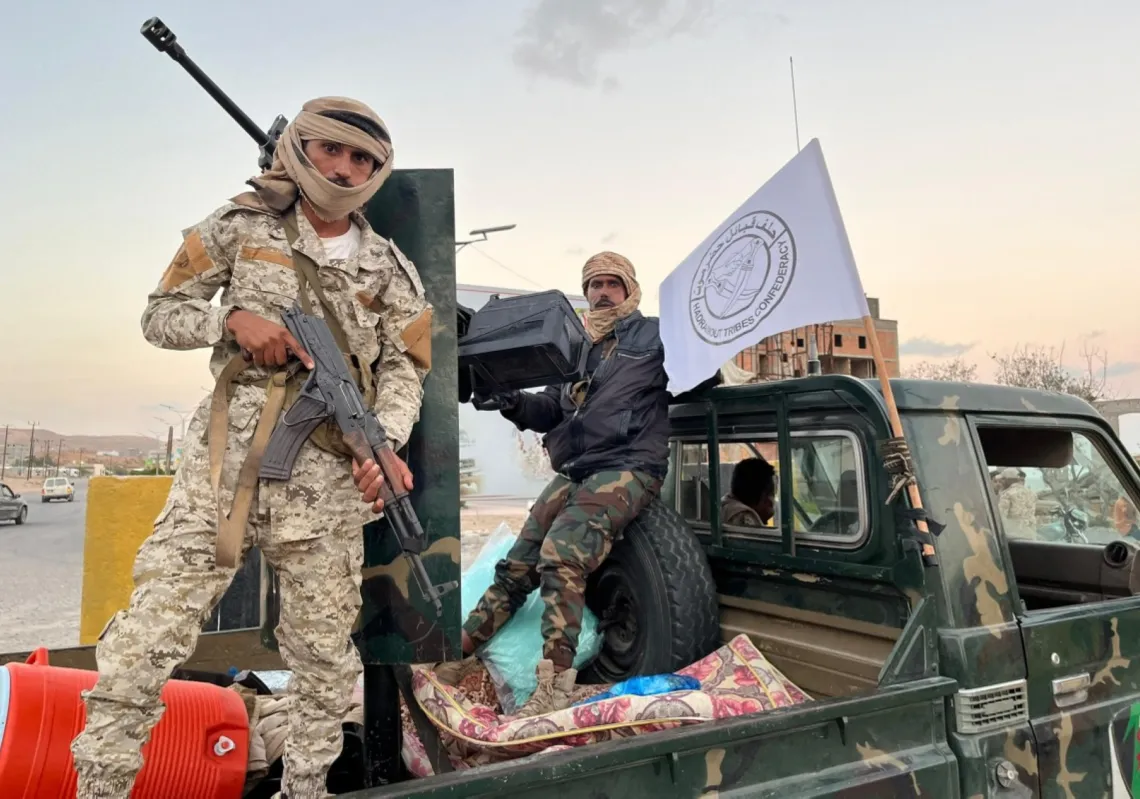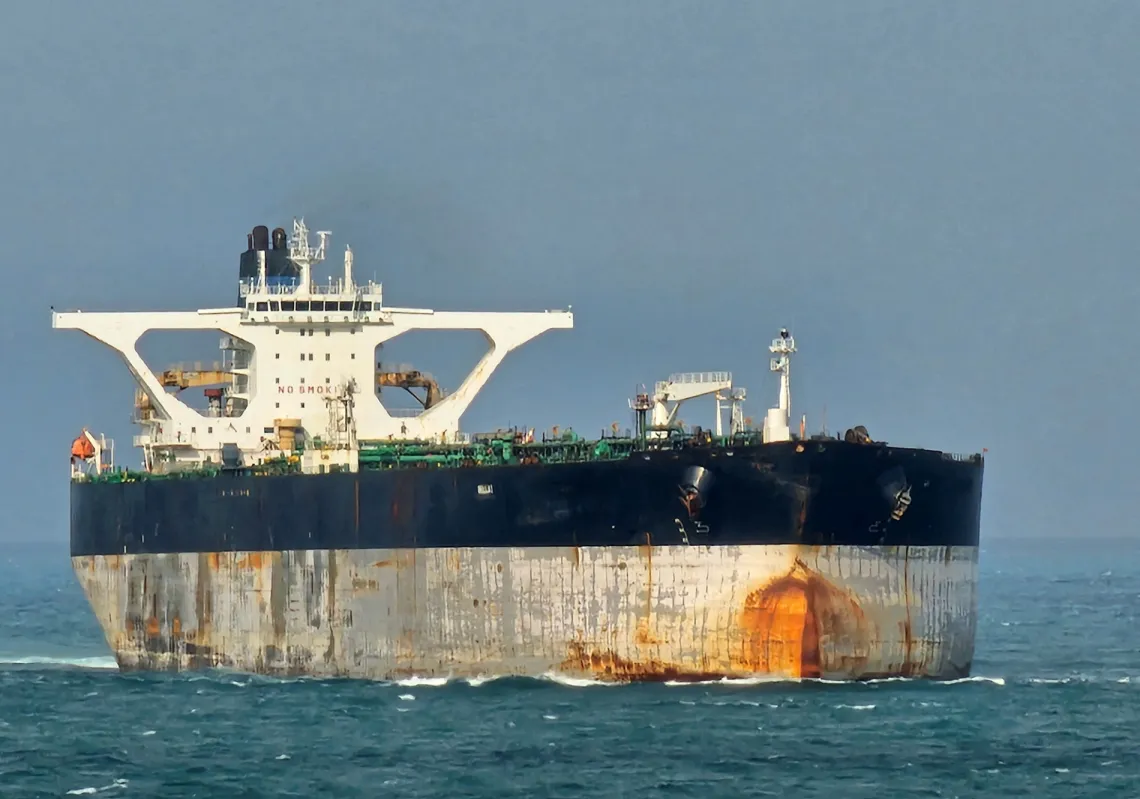Ibrahim Kalin has been chief foreign affairs advisor to Turkish Prime Minister Recep Tayyip Erdogan since May 2009, when his predecessor Ahmet Davutoglu was appointed Foreign Minister. Before then, he divided his time between a teaching post at Georgetown University and the SETA Foundatoin for Political, Economical and Social Research, an Ankara-based think tank he set up. Mr Kalin has a PhD from George Washington University, and has written books on Islam and the West and the concept of knowledge in later Islamic philosophy.
Ankara - 16 November 2009
The Majalla: Would you agree that Turkish foreign policy has radically changed in the past five years or so?
I believe there is as much continuity as there is change. Take Israel for example. People think Turkey has turned its back on Israel because AK Party is an "Islamist party" with a hidden agenda. That is not true. Turkey was the first Muslim country to recognise Israel in 1948, but it was also among the first to pull out its ambassador when Jewish extremists set fire to the Al-Aqsa mosque in 1968. When the Jenin incident happened in 2002, it was the late Prime Minister Bulent Ecevit, a secular politician, who called it a genocide, not the AK Party. Until 2008, this government was facilitating Israeli-Syrian negotiations. The Israelis trusted us. The Syrians trusted us. And we trusted them. The Gaza campaign broke that trust. Relations go up and down.
The Majalla: Excluding Israel, though, there seem to be many more ups than downs in Turkey's bilateral relations recently: Russia, Armenia, Iran, Iraq, Syria, Greece, Africa.
Turkey has a new confidence. As a state, we feel that we have a story, something to offer the region at a time when the West is confused about Iraq, Afghanistan, the Middle East, the Caucasus. In all these, we feel we have a good grasp of the issues because of our geographical proximity, our cultural ties, our history. But this isn't just about politics. It is extraordinary how well Turkey has utilized globalisation. After Russia, we are the biggest economy in the region, and our economy is much more balanced than Russia's. Our businessmen are everywhere. As politicians, therefore, we cannot remain indifferent. We cannot pretend we live in an island of peace.
The Majalla: Is there a risk that Turkey’s move towards multilateral relations based on balancing could fail with Iran?
In essence, we are saying the same thing about Iran as our American and European friends. Some people criticised this government for congratulating Mahmud Ahmedinejad after elections earlier this year. But this is what the Americans did too. Barack Obama may personally identify more with the protestors on the streets of Iran. But he knows that you have to talk to the key power brokers there if you want to solve the issue of Iranian nuclear power. Turkey understands this perfectly too.
The Majalla: What is Turkey's view on Iran's alleged nuclear armament programme?
Our position is very clear. We are against any country having nuclear weapons. We want to live in a nuclear-free region, and this goes for Iran as it does for Israel, or any other country that may harbour the idea of getting nuclear weapons one day. On the other hand, it is any country's right to have a peaceful nuclear energy programme. We are now in the process of trying to build our first nuclear power plant, and that doesn't concern our Western allies because they trust us. They don't trust Iran, and Iran's Arab neighbours don't either. What Turkey is saying is that the onus is on Tehran to prove that its nuclear program is peaceful, but on the other hand that trust cannot be built up by isolating Iran, and occasionally threatening it, as the George Bush administration did.
The Majalla: Have you noticed concerns among the Middle East's Arab states at improving Turkish-Iranian relations?
I haven't, although I know some Arab policy makers and intellectuals are worried about Turkey's increasing activism in the region, especially on the Palestine issue. Egypt in particular is concerned that Turkey is trying to steal their role as a broker in the region. Our line is that we are there to help Egypt too. The Palestine issue does not help Egypt either. It creates tremendous political pressure in Egyptian society and it makes things more difficult for Hosni Mubarek and his regime. We can never claim the same role as Egypt in Arab politics. We are not Arabs. We are not geographically at the heart of the Arab world.
The Majalla: So you would disagree with descriptions of Turkey's new foreign policy as neo-Ottomanism then?
The basic elements of such a world order are simply not there. I personally am critical of the nation-state model, but the reality is that it has been accepted by the vast majority of peoples in the region. Plus let's not forget that that all the great powers have been part of the region's history for the last century and a half. The simple objective elements of what you might call neo-Ottomanism do not exist. The fact that Turkey is not interested in this sort of imperial vision is by the by.
The Majalla: What are you advocating for the region then?
Ask an ordinary Turkish person what their geographical vision is and you will see that it extends far beyond national borders. It goes all the way to Central Asia, to China, ancestral lands. It includes former lands in the Balkans, the Middle East, North Africa. I think that is the way it should be. What is the European Union project? It is a way of abolishing all borders. In this part of the world we are accustomed to the idea of borders as strict as the Berlin Wall. But walls are being dismantled around the world. Why can't we do the same thing here? Of course, it will never be as structured, as rooted in law as is the case with the European Union. But it means that we look at Syria in a different way now, Iraq in a different way. Rather than state to state relations, it is more a question of improving people to people relations.
The Majalla: Has come to eradicate the after-effects of the Cold War in the region?
Exactly. In October, almost exactly 20 years after the Berlin Wall fell, a delegation of Turkish ministers crossed over to Syria in a sort of symbolic removal of the border there and announced that Syrian and Turkish citizens would be able to visit without visas. We are just catching up, basically. This is why I emphasized earlier the importance of Turkey's society and entrepreneurs. After decades spent living in a polarised world, Turks are beginning to realise that there is more to life than black and white, the Warsaw Pact and the Western alliance.
The Majalla: Is there a growing sense of Ottoman nostalgia in Turkey?
I think what we are seeing is the slow recovery of memory of the Ottoman empire after 80 years of Republican propaganda that depicted it as backward and autocratic. For me, the renewed interest is rather like the way that the founders of post-modern philosophical thought in Europe, people like Nietzsche and Heidegger, found their inspiration in pagan Greeks who were thinking and writing before the modern framework was shaped. On one level, Turks, like the descendants of other imperial peoples, feel pride in their past. More importantly, the Ottoman empire is a reminder that we were once a nation composed of multifarious identities. The knowledge that we were able to live in harmony for 600 years will, I think, help the Turkish imagination in the 21st century.
The Majalla: Some, both inside Turkey and outside, have begun suggesting recently that Turkey is 'sliding away from the West.'
There is an element of hypocrisy here. When the US takes steps to improve relations with Russia, that is seen as helping world peace. When Turkey does the same, it is accused of flaunting NATO principles. The accession proceedings of other EU candidate countries move forward step by step. But Turkey is told it will never be a full member. When Turkey protests, some say 'the government has abandoned efforts to join the EU' and is moving closer to the East.
The Majalla: You don't agree with that judgement, then?
It shows how influential eurocentrism and the psychology of the Cold War still are. Neither this government nor the Turkish people have the intention of parting ways with the West. While our exports east are increasing, well over half of Turkey's exports still go to Europe. Turkey is not making preparations to leave NATO. Nor is it preparing to leave the dozens of European political and cultural organisations - like the Organisation for Security and Cooperation in Europe and the European Parliament - of which it is a member. On the contrary, the efforts and sacrifices it is making to join the EU are unparalleled by any other state.
The Majalla: There does seem to have been a considerable reduction in the government's enthusiasm for the EU project since 2005, though .
French and German flouting of agreements signed when Turkey began accession proceedings in 2005 has negatively affected the public, not just the government. Media reporting is partially to blame: we hear much more about [French President] Nicolas Sarkozy's opposition to Turkey accession than about the United Kingdom's support. But the process is still manageable. While polls show roughly 40% of Turks don't believe that Europe will ever accept them in, they also show a majority of Turks supporting accession. My personal concern is that if the EU process drags on too long, Turkey will lose its appetite completely.
The Majalla: So what can be done?
The nature of debates in Turkey, the West and the world are changing. Turkey is no longer a stagnant country living in the shadow of super powers in a Cold War world. History no longer flows from west to east. There is no longer a convincing western axis. The question is whether Europe has the strategic vision to project itself into the new world. Will it transform itself from a continental power to a soft power effective over a wider region? Or will it remain imprisoned in technical debates about EU legislation, its geopolitical vision extending no further than the Bulgarian-Turkish border? Those who interpret change as a threat will be discarded by history. That is why Turkey, independent of the Europeans' state of mind, must follow through its own reforms with determination. If we know what we are doing at a time when Europe and America are feeling muddled, whose fault is that?
Interview conducted by Nicholas Birch – worked as a freelance reporter in Turkey for seven years. He currently writes for the Wall Street Journal and the Times of London.








